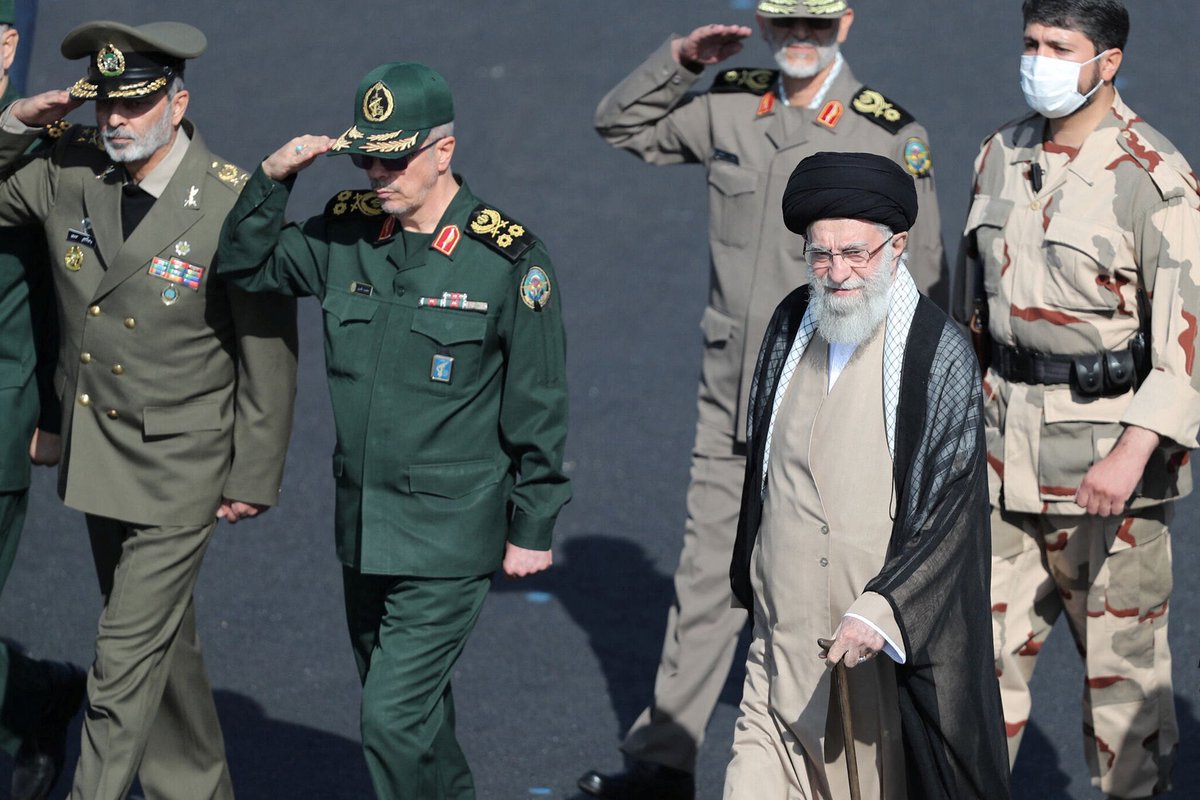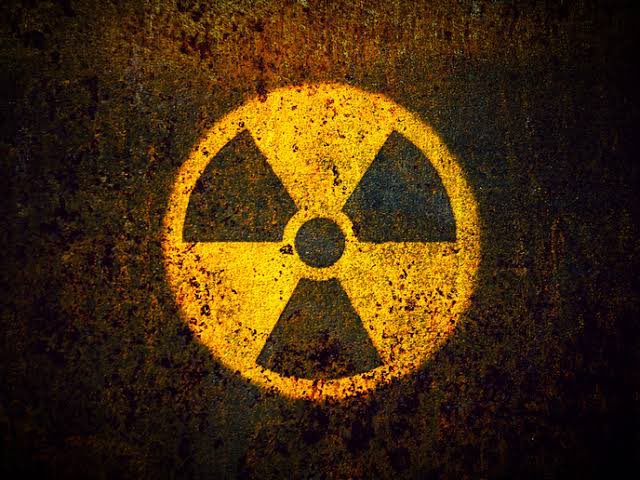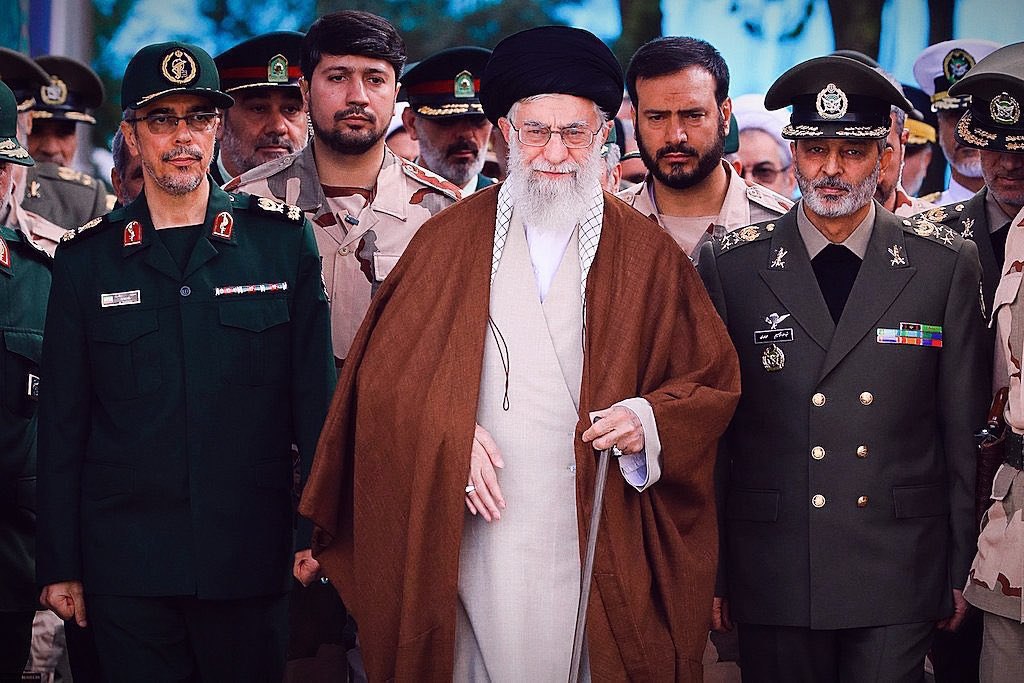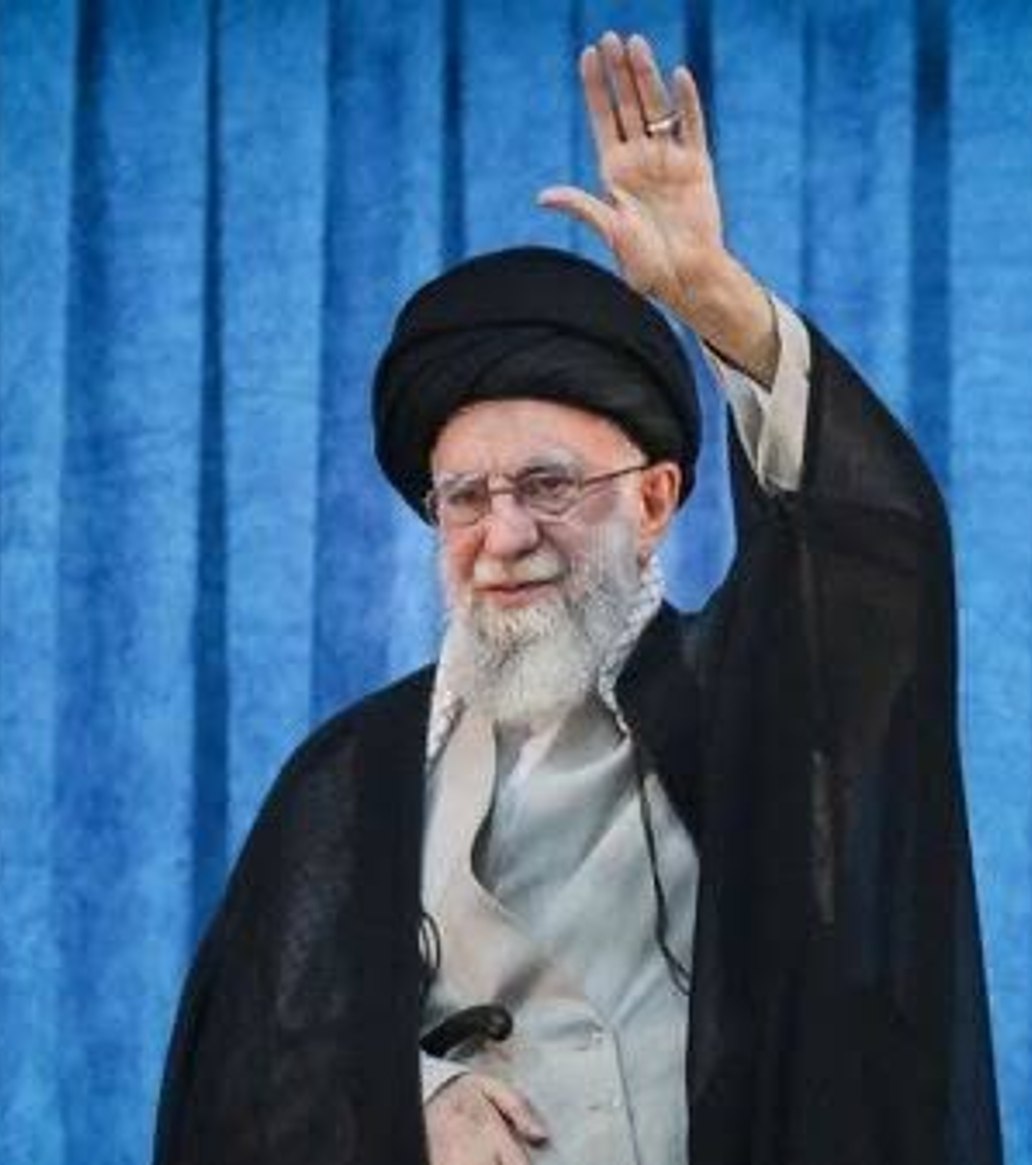Iranian Missile Barrage Overwhelms Israeli Air Defense Systems in Major Escalation
In a significant escalation of regional tensions, Israeli air defense systems were reportedly overwhelmed by a large-scale missile attack launched by Iran. The incident marks a critical turning point in the ongoing hostilities between the two nations, with Israeli officials confirming that several projectiles penetrated their advanced defense network, including the Iron Dome and David’s Sling systems.
According to military sources, Iran launched a coordinated barrage of ballistic and cruise missiles, along with drones, targeting strategic sites within Israel. The saturation of Israeli skies by multiple threats simultaneously appears to have exceeded the processing and interception capacity of the country’s multi-tiered air defense infrastructure, resulting in direct hits on key military and infrastructure facilities.
This unprecedented breach raises questions about the future effectiveness of Israel’s much-touted missile defense capabilities. Defense analysts suggest that while the Israeli systems are among the most sophisticated in the world, they are still vulnerable to massed, multi-vector attacks designed to outpace their response algorithms and missile inventories.
In response, the Israeli military has vowed retaliation and placed its armed forces on high alert. Prime Minister Benjamin Netanyahu convened an emergency security cabinet meeting, stating that Israel "reserves the right to defend itself and respond forcefully." The Israeli Air Force has already launched counterstrikes on suspected Iranian-backed positions in Syria and Lebanon, escalating fears of a wider regional conflict.
The Iranian government, meanwhile, described the attack as a "measured response to Israeli aggression," referring to previous Israeli strikes on Iranian military advisors in Syria. Tehran’s state media praised the operation’s success and warned of further action if provoked.
International reactions have been swift, with the United States condemning the Iranian attack while urging restraint from all parties. The United Nations has called for an immediate de-escalation to prevent a broader war in the Middle East. As the situation develops, global markets have reacted nervously, with crude oil prices spiking amid fears of instability in the energy-rich region.
This confrontation highlights the shifting dynamics of modern warfare, where even the most advanced defense technologies can be outmatched by sheer volume and tactical innovation. The coming days will be critical in determining whether this exchange remains an isolated flare-up or signals the beginning of a larger military conflict.









